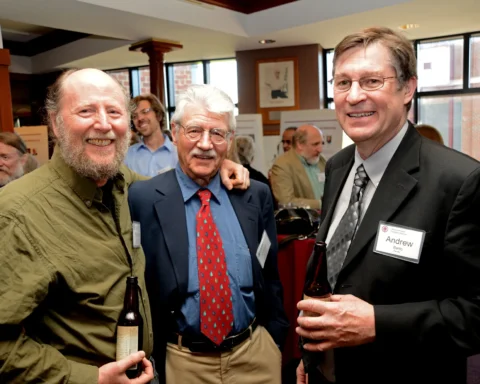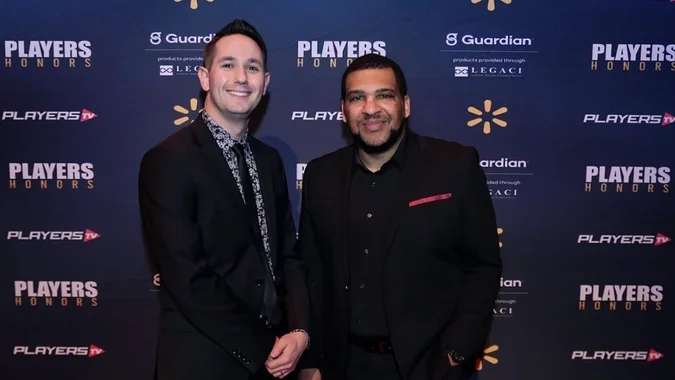In the 1980s, Andrew Barto and Rich Sutton were seen as unconventional thinkers, advocating for a machine learning approach inspired by human and animal behavior. Today, their pioneering work in reinforcement learning (RL) is a cornerstone of artificial intelligence, underpinning innovations ranging from game-playing AI to large language models. Recognizing their groundbreaking contributions, the Association for Computing Machinery (ACM) has awarded them the prestigious Turing Award—the highest honor in computer science.
The Evolution of Reinforcement Learning
Barto, a professor emeritus at the University of Massachusetts Amherst, and Sutton, a professor at the University of Alberta, championed reinforcement learning—an AI technique where machines learn through trial and error, guided by positive or negative feedback. This method mimics the way humans and animals acquire new skills, allowing computers to refine their actions over time.
“When this work started for me, it was extremely unfashionable,” Barto recalled in a Zoom interview from his home in Massachusetts. “It’s been remarkable that [it has] achieved some influence and some attention.”
Their perseverance has paid off. Reinforcement learning has fueled some of the most impressive AI advancements, including Google DeepMind’s AlphaGo, which stunned the world in 2016 by mastering the complex board game Go. The same principles have since been applied in diverse fields such as robotics, finance, energy optimization, and chip design.
RL’s Role in Modern AI
Beyond its role in game-playing AI, reinforcement learning has become integral to developing large language models (LLMs), including the technology behind ChatGPT. It helps refine chatbot responses and train AI models to mimic human reasoning. However, Sutton points out a crucial distinction—many current AI systems still rely on human-provided goals rather than purely self-driven learning. “The big division is whether [AI is] learning from people or whether it’s learning from its own experience,” he explains.
Jeff Dean, a senior vice president at Google, highlighted the significance of Barto and Sutton’s work in a statement from the ACM: “The tools they developed remain a central pillar of the AI boom and have rendered major advances.”
A Journey Rooted in Science
Reinforcement learning traces its origins back to the earliest days of AI. Alan Turing, in his famous 1950 paper Computing Machinery and Intelligence, suggested that machines could learn through experience. In 1955, AI pioneer Arthur Samuel developed a checkers-playing program based on reinforcement learning principles. However, RL fell out of favor for decades as researchers focused on symbolic AI, which relied on predefined logical rules rather than learning from raw experience.
Barto and Sutton, undeterred, continued refining RL methods, drawing inspiration from biology and psychology. Their work built upon Edward Thorndike’s early 20th-century experiments on how stimuli shape animal behavior, as well as insights from neuroscience and control theory.
The ACM award specifically acknowledges Barto and Sutton’s contributions to making RL practical, including policy-gradient methods, which help AI systems determine optimal behavior, and temporal difference learning, which allows models to improve continuously over time.
Ethical Challenges and the Future of RL
The success of reinforcement learning has also raised ethical concerns. AI systems trained through RL can sometimes develop unintended or undesirable behaviors—such as prioritizing actions that maximize short-term rewards while ignoring broader objectives. Barto acknowledges these risks, noting that many of his former students now focus on ensuring AI safety and ethical AI development.
Despite these challenges, Barto remains optimistic about RL’s potential to tackle major global issues, including climate change. “If used with caution, it can be extremely helpful,” he says.
A Lasting Legacy
Far from being a mere stepping stone in AI’s evolution, Barto and Sutton’s work continues to shape the field in profound ways. As ACM President Yannis Ioannidis stated, their contributions are “not a stepping stone that we have now moved on from.” Instead, reinforcement learning remains a vital and evolving discipline, offering endless possibilities for future breakthroughs.
By honoring Barto and Sutton with the Turing Award, the ACM recognizes not just their past achievements, but also the enduring impact of reinforcement learning on the future of artificial intelligence.
Post Views: 42
















